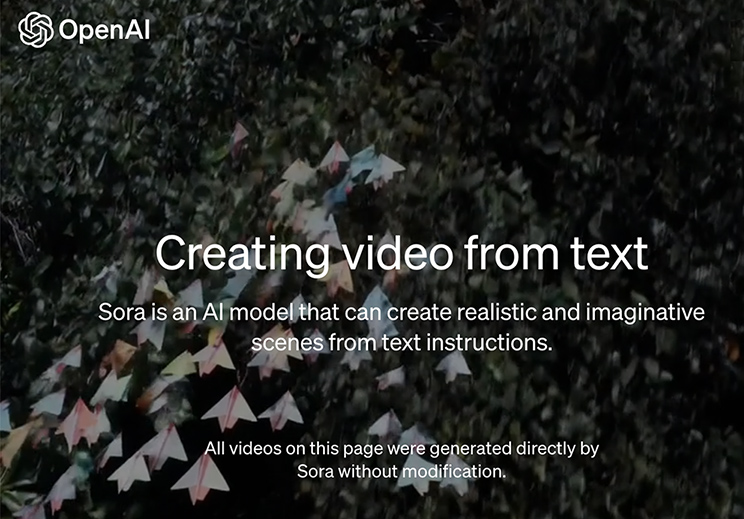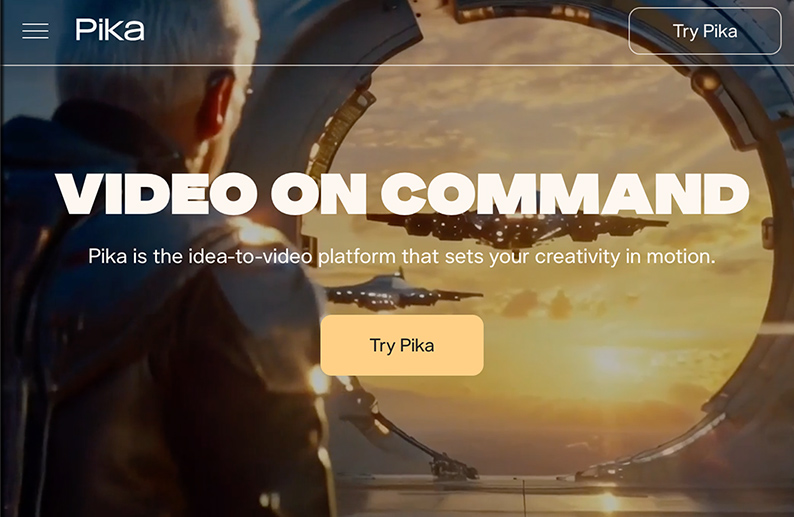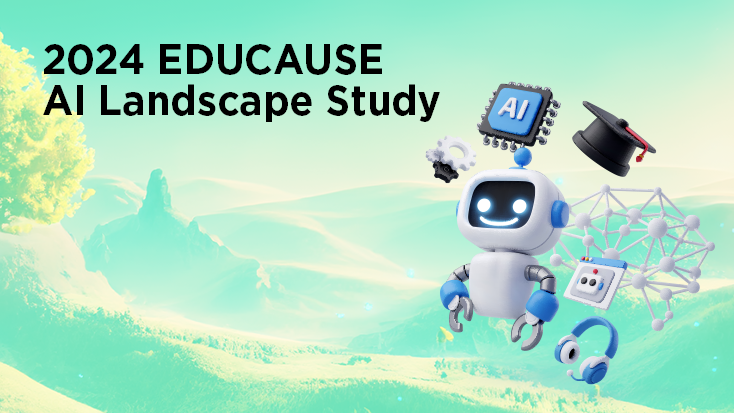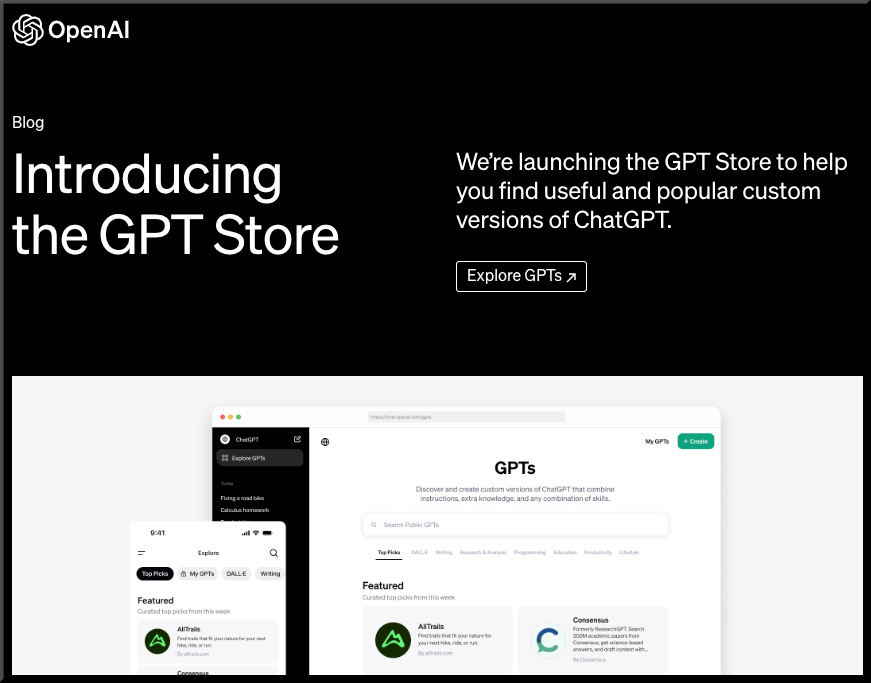Augment teaching with AI – this teacher has it sussed… — from donaldclarkplanb.blogspot.com by Donald Clark
Emphasis (emphasis DSC):
You’re a teacher who wants to integrate AI into your teaching. What do you do? I often get asked how should I start with AI in my school or University. This, I think, is one answer.
Continuity with teaching
One school has got this exactly right in my opinion. Meredith Joy Morris has implemented ChatGPT into the teaching process. The teacher does their thing and the chatbot picks up where the teacher stops, augmenting and scaling the teaching and learning process, passing the baton to the learners who carry on. This gives the learner a more personalised experience, encouraging independent learning by using the undoubted engagement that 1:1 dialogue provides.
There’s no way any teacher can provide this carry on support with even a handful of students, never mind a class of 30 or a course with 100. Teaching here is ‘extended’ and ‘scaled’ by AI. The feedback from the students was extremely positive.
Reflections on Teaching in the AI Age — from by Jeffrey Watson
The transition which AI forces me to make is no longer to evaluate writings, but to evaluate writers. I am accustomed to grading essays impersonally with an objective rubric, treating the text as distinct from the author and commenting only on the features of the text. I need to transition to evaluating students a bit more holistically, as philosophers – to follow along with them in the early stages of the writing process, to ask them to present their ideas orally in conversation or in front of their peers, to push them to develop the intellectual virtues that they will need if they are not going to be mastered by the algorithms seeking to manipulate them. That’s the sort of development I’ve meant to encourage all along, not paragraph construction and citation formatting. If my grading practices incentivize outsourcing to a machine intelligence, I need to change my grading practices.
4 AI Imperatives for Higher Education in 2024 — from campustechnology.com by Rhea Kelly
[Bryan Alexander] There’s a crying need for faculty and staff professional development about generative AI. The topic is complicated and fast moving. Already the people I know who are seriously offering such support are massively overscheduled. Digital materials are popular. Books are lagging but will gradually surface. I hope we see more academics lead more professional development offerings.
For an academic institution to take emerging AI seriously it might have to set up a new body. Present organizational nodes are not necessarily a good fit.
A Technologist Spent Years Building an AI Chatbot Tutor. He Decided It Can’t Be Done. — from edsurge.com by Jeffrey R. Young
Is there a better metaphor than ‘tutor’ for what generative AI can do to help students and teachers?
When Satya Nitta worked at IBM, he and a team of colleagues took on a bold assignment: Use the latest in artificial intelligence to build a new kind of personal digital tutor.
This was before ChatGPT existed, and fewer people were talking about the wonders of AI. But Nitta was working with what was perhaps the highest-profile AI system at the time, IBM’s Watson. That AI tool had pulled off some big wins, including beating humans on the Jeopardy quiz show in 2011.
Nitta says he was optimistic that Watson could power a generalized tutor, but he knew the task would be extremely difficult. “I remember telling IBM top brass that this is going to be a 25-year journey,” he recently told EdSurge.
Teachers stan AI in education–but need more support — from eschoolnews.com by Laura Ascione
What are the advantages of AI in education?
Canva’s study found 78 percent of teachers are interested in using AI education tools, but their experience with the technology remains limited, with 93 percent indicating they know “a little” or “nothing” about it – though this lack of experience hasn’t stopped teachers quickly discovering and considering its benefits:
- 60 percent of teachers agree it has given them ideas to boost student productivity
- 59 percent of teachers agree it has cultivated more ways for their students to be creative
- 56 percent of teachers agree it has made their lives easier
…
When looking at the ways teachers are already using generative artificial intelligence, the most common uses were:
- Creating teaching materials (43 percent)
- Collaborative creativity/co-creation (39 percent)
- Translating text (36 percent)
- Brainstorming and generating ideas (35 percent)
The next grand challenge for AI — from ted.com by Jim Fan
The State of Washington Embraces AI for Public Schools — from synthedia.substack.com by Bret Kinsella; via Tom Barrett
Educational institutions may be warming up to generative AI
Washington state issued new guidelines for K-12 public schools last week based on the principle of “embracing a human-centered approach to AI,” which also embraces the use of AI in the education process. The state’s Superintendent of Public Instruction, Chris Reykdal, commented in a letter accompanying the new guidelines:
New education features to help teachers save time and support students — from by Shantanu Sinha
Giving educators time back to invest in themselves and their students
Boost productivity and creativity with Duet AI: Educators can get fresh ideas and save time using generative AI across Workspace apps. With Duet AI, they can get help drafting lesson plans in Docs, creating images in Slides, building project plans in Sheets and more — all with control over their data.



















